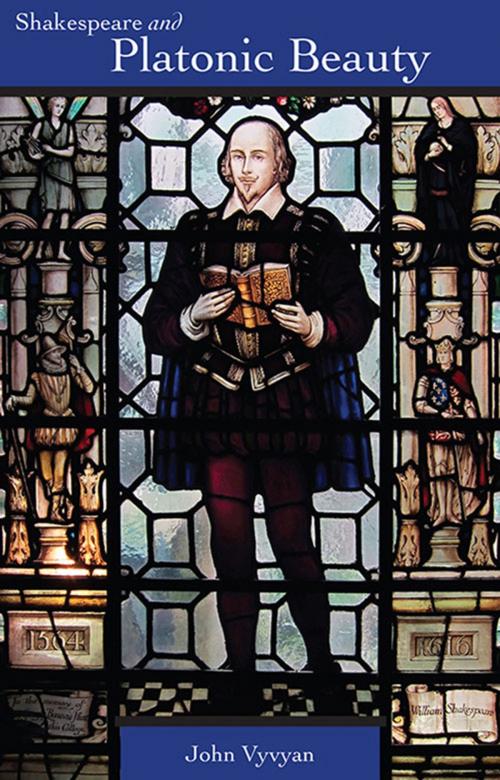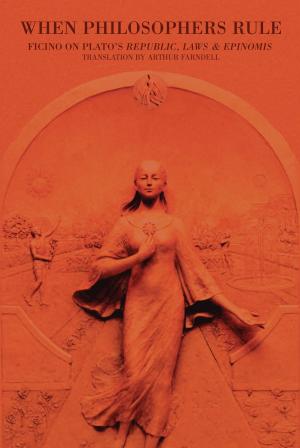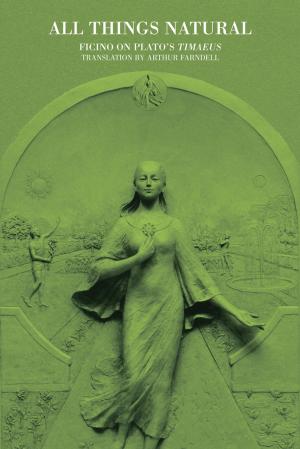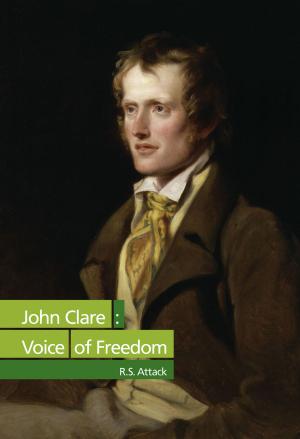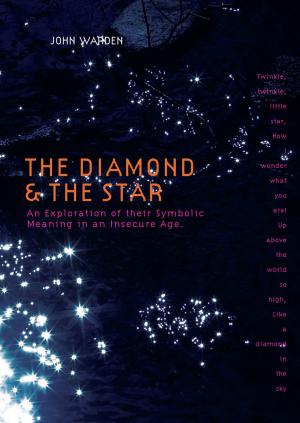Shakespeare and Platonic Beauty
Fiction & Literature, Literary Theory & Criticism, British, Nonfiction, Entertainment, Drama, Shakespeare| Author: | John Vyvyan | ISBN: | 9780856834080 |
| Publisher: | Shepheard-Walwyn | Publication: | October 1, 2013 |
| Imprint: | Shepheard-Walwyn | Language: | English |
| Author: | John Vyvyan |
| ISBN: | 9780856834080 |
| Publisher: | Shepheard-Walwyn |
| Publication: | October 1, 2013 |
| Imprint: | Shepheard-Walwyn |
| Language: | English |
Looking at some of the Shakespearean comedies, author John Vyvyan suggests they express a consistent, profoundly Christian philosophy of life based on the Platonic ideas of beauty and love. In A Midsummer Night’s Dream, As You Like It, and All’s Well That Ends Well, the heroines bring to life the idea of love as the force that is awakened in the world by beauty which then leads the soul to perfection. Vyvyan believes that for Shakespeare, love was preeminent over human ideas of justice, that self-discovery was a supreme human experience, and that breaking faith with the ideal—as Agamemnon, Cressida, and Hector all do in Troilus and Cressida —sowed the seeds of tragedy. The author’s recognition of Shakespeare's use of allegory enables him to make sense of certain developments in these plays that seem weak or absurd from the psychological standpoint. He does not suggest that Shakespeare’s philosophy is the most important thing about his plays; it is simply one thing about them that ought to be known. The recognition of this philosophy enhances enjoyment of the plays, giving them a new dimension and richness. This edition contains a list of the author’s Shakespearean references and an enhanced index.
Looking at some of the Shakespearean comedies, author John Vyvyan suggests they express a consistent, profoundly Christian philosophy of life based on the Platonic ideas of beauty and love. In A Midsummer Night’s Dream, As You Like It, and All’s Well That Ends Well, the heroines bring to life the idea of love as the force that is awakened in the world by beauty which then leads the soul to perfection. Vyvyan believes that for Shakespeare, love was preeminent over human ideas of justice, that self-discovery was a supreme human experience, and that breaking faith with the ideal—as Agamemnon, Cressida, and Hector all do in Troilus and Cressida —sowed the seeds of tragedy. The author’s recognition of Shakespeare's use of allegory enables him to make sense of certain developments in these plays that seem weak or absurd from the psychological standpoint. He does not suggest that Shakespeare’s philosophy is the most important thing about his plays; it is simply one thing about them that ought to be known. The recognition of this philosophy enhances enjoyment of the plays, giving them a new dimension and richness. This edition contains a list of the author’s Shakespearean references and an enhanced index.
